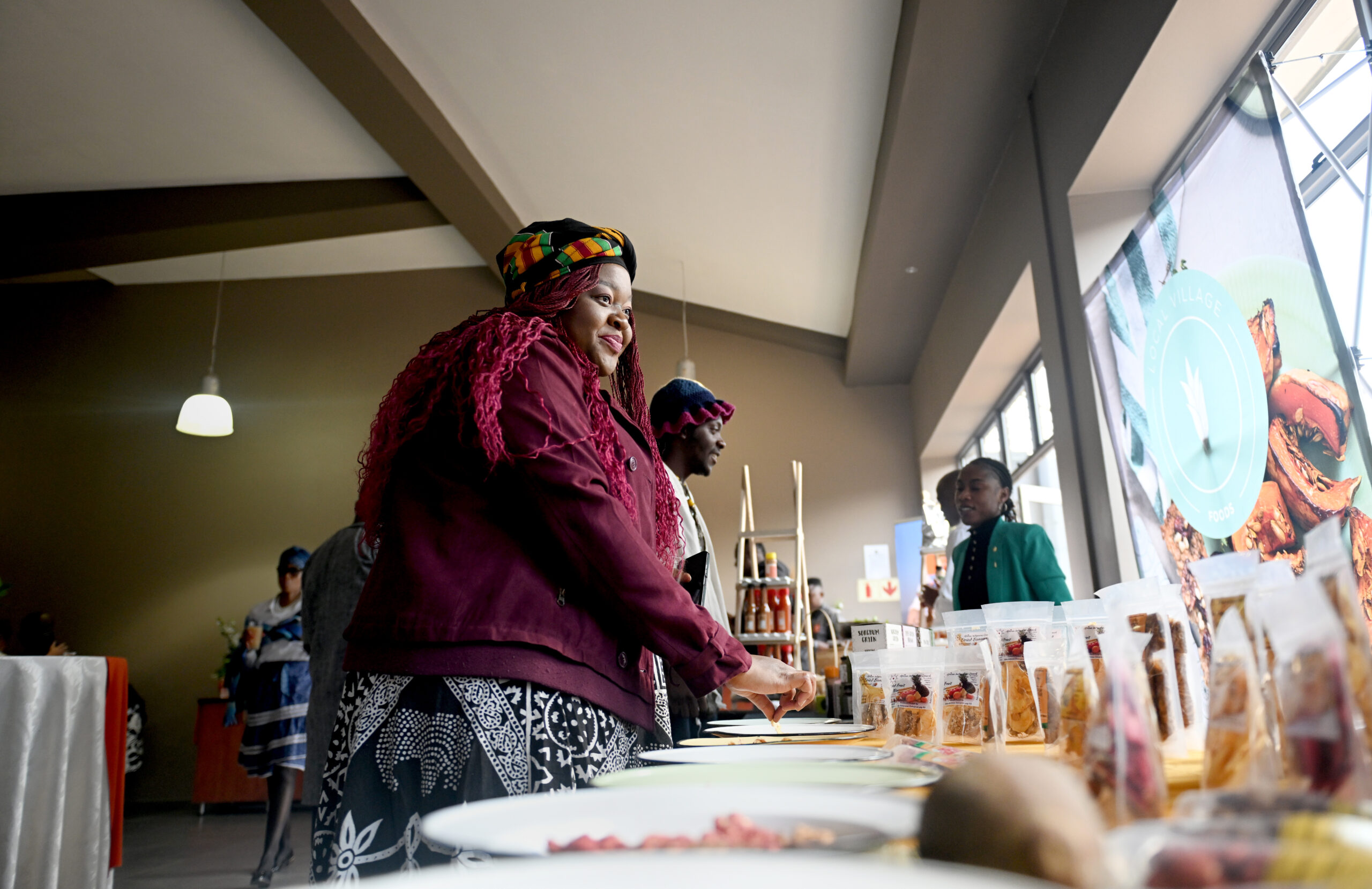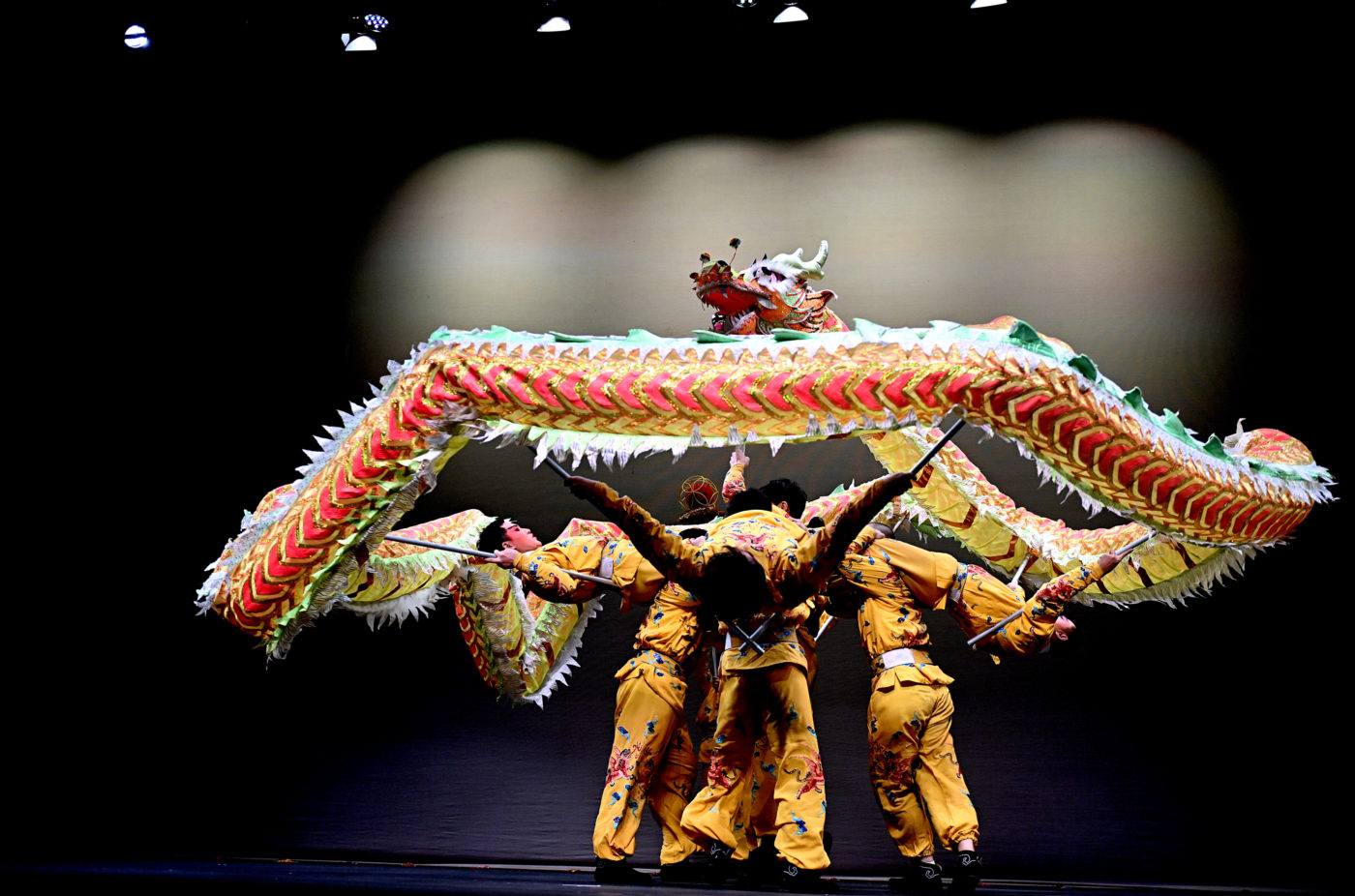Professorial Inaugural address: Linda Chrisholm
Narratives of decolonisation have dominated recent student struggles on university campuses. But narratives of nostalgia have also played an important part in contemporary crises in and around schooling.
Linda Chrisholm, a Professor at the Centre for Education Rights and Transformation at the University of Johannesburg (UJ) says one such area has been that of mission and Bantu Education, where either or both have been held up at alternate times as models of excellence on the one hand and discipline and order on the other. “Constructions of a ‘better’ or ‘worse’ past substantially inform contemporary educational struggles in South Africa. But they actually provide little insight into these pasts,” she says.
Prof Chisholm will examine the transition from mission to Bantu Education in the decades after 1953 when she delivers her inaugural address in the Council Chambers, Madibeng Building, Auckland Park Kingsway Campus on Monday, 09 November 2015.
“Much of the literature has posited continuities between the dominant wisdoms of the 1930s and the ideas of the architects of apartheid. But a firm line is still drawn between the mission and Bantu Education periods in which the period of mission education and control is seen as coming to an abrupt close and end with the introduction of Bantu Education,” says Prof Chrisholm.
She points out that the experience of one the less visible, vocal and oppositional mission societies, the Lutheran Hermannsburg Mission Society, and by drawing on those elements within transnational, transition and post-colonial theory which emphasise that there are no neat breaks between past and present, and that linkages between people and ideas cross not only boundaries between past and present, but also national and international, national and local.
Since much is known and has been written about curriculum and teachers in this period, Prof Chrisholm focuses on changing patterns of control of schools and second on textbooks in use under the mission and Bantu Education regimes respectively.
She emphasises that on the basis of evidence gleaned from the Hermannsburg Mission and Union Education Department archives as well as an analysis of textbooks produced and used in their schools, it shows firstly that mission influence continued in a variety of ways well beyond 1953 in both the control of schools and textbooks used in schools. “It considers how discourses to rid textbooks of their European content resulted in localised content which framed and positioned Africans as rural, ethnic subjects. It concludes that while change occurred over time, the break between past and present was not complete, that the mission past continued into the Bantu Education present, much as the apartheid past still marks and impregnates in myriad ways the post-apartheid present and as the post-apartheid present will continue to do in an as-yet undefined-decolonised future,” say Prof Chisholm.
She argues that the ‘de-colonisation’ debates of that time alert us to the necessity of thinking about how we decolonise our minds and curriculum content without locking ourselves into another world-view which might simply, in another way, introduce new injustices and divisions. “A consideration of this history also warns against the simple nostalgic view of the mission school as a model of excellence or the Bantu Education School as one of order. This view fails to recognise the unsustainability of the mission schools as private schools, the terrible impact of apartheid engineering on schools, families and children as well as the complexity and diversity of past relationships, institutions and memories that live on in the present.”
View Prof Chisholm Bio



